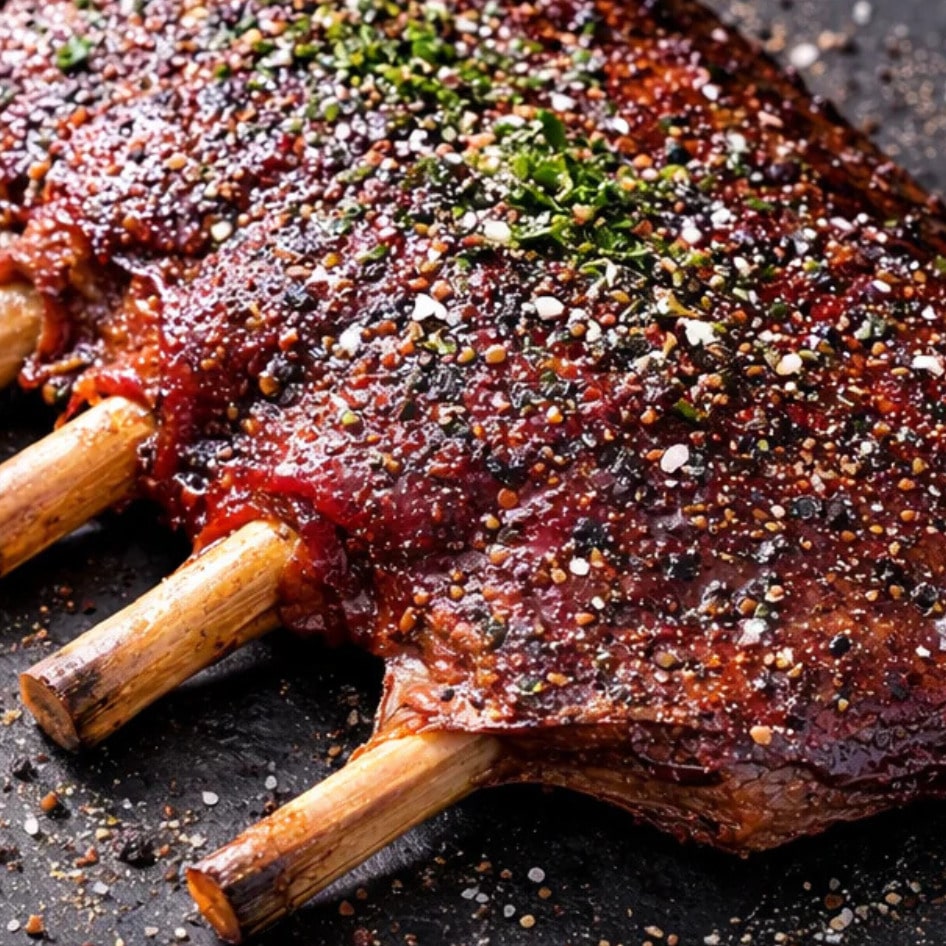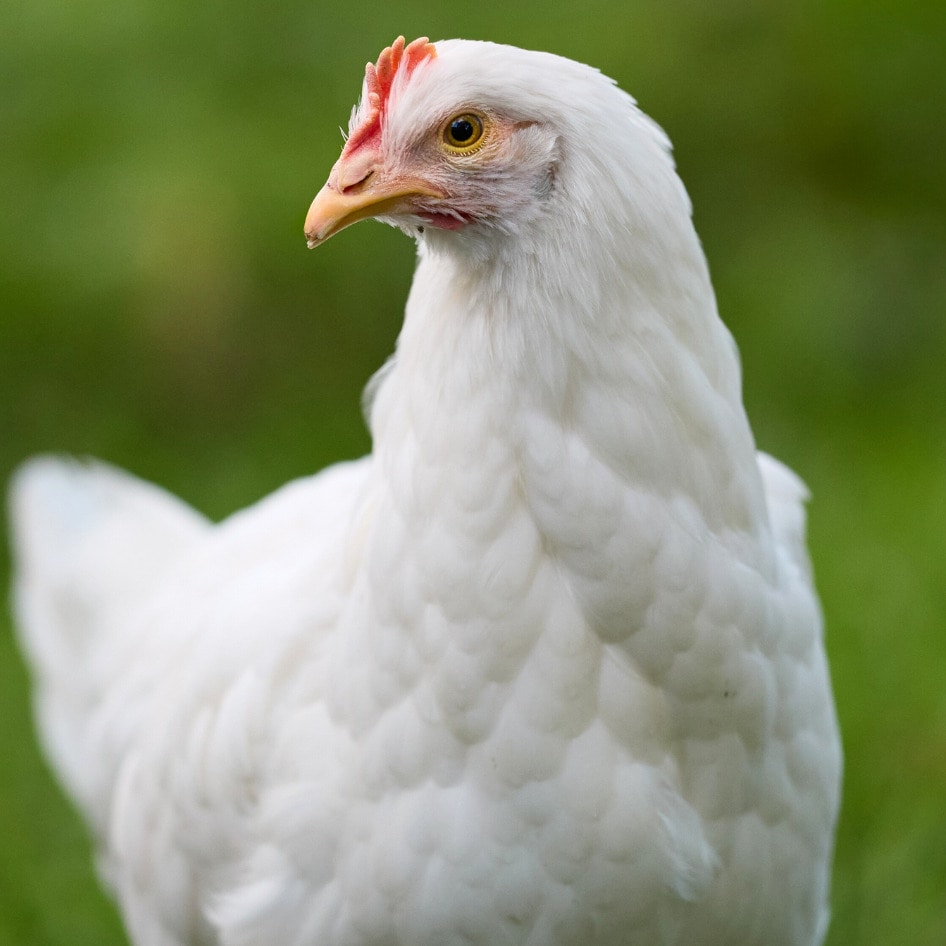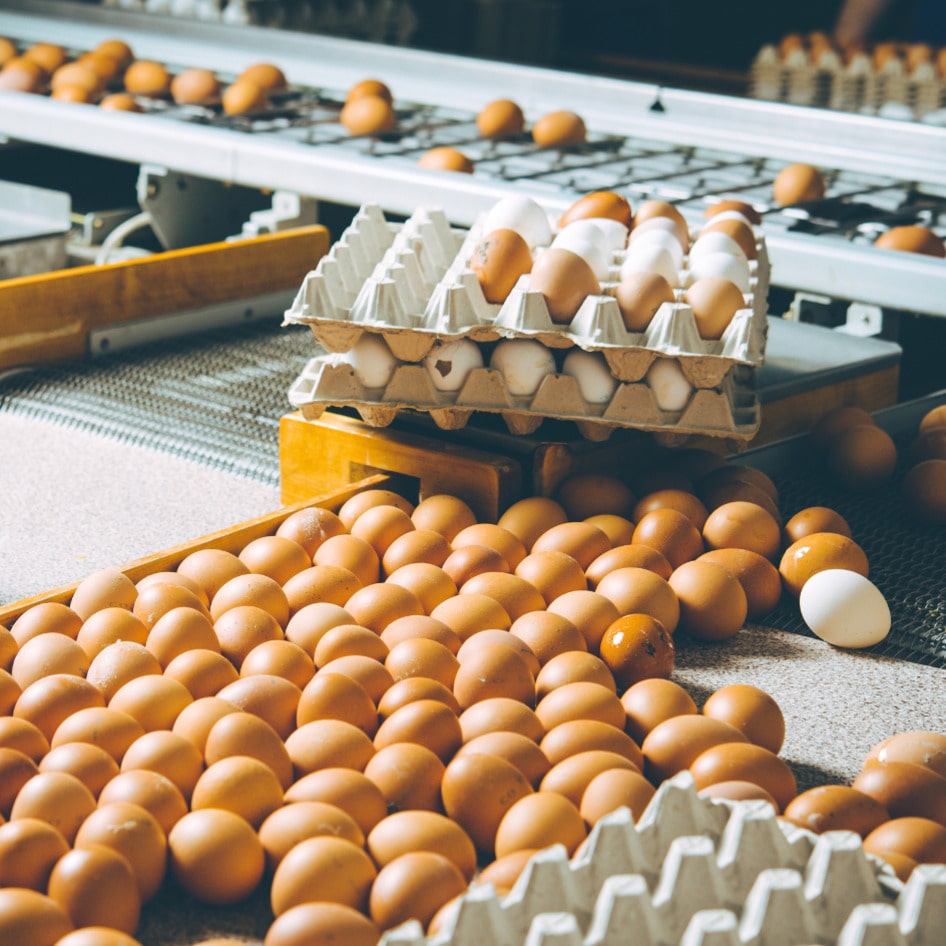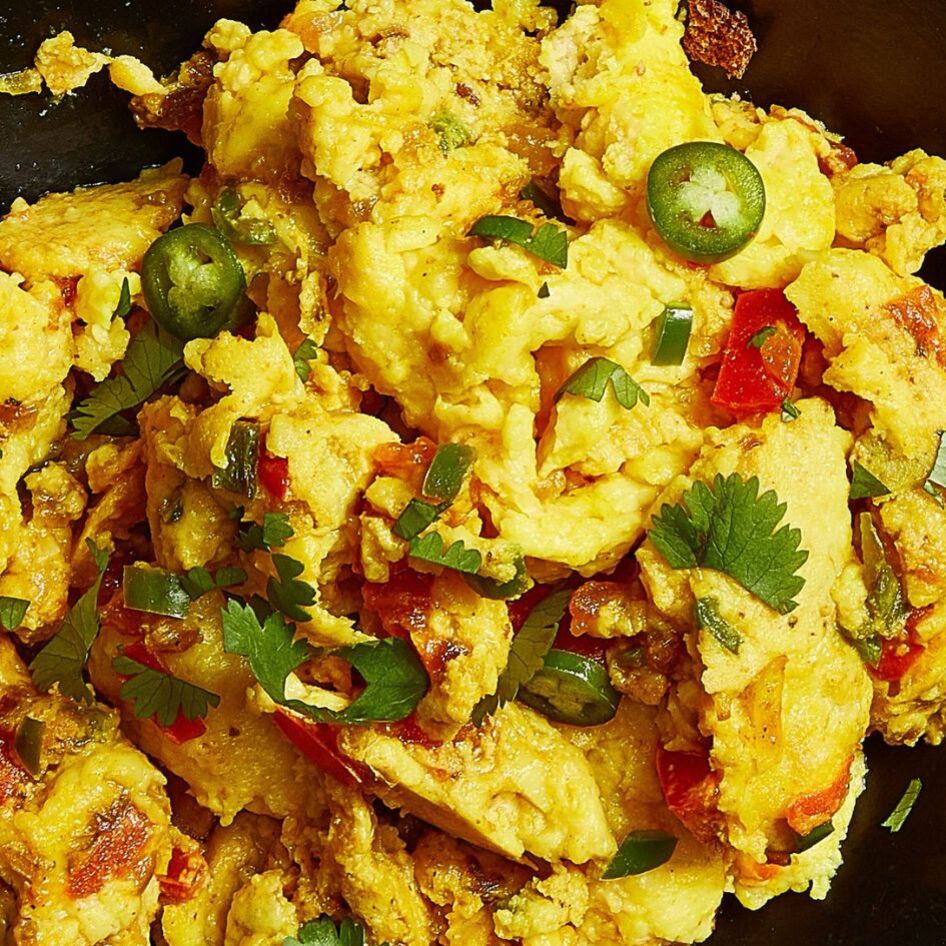Today, plant-based startup JUST announced that it has sold the JUST Egg equivalent of 40 million chicken eggs—an increase in sales of more than 32 million vegan eggs since July 2019. The company produces its mung bean-based JUST Egg using sustainable methods that result in huge environmental benefits when compared to traditional chicken egg production. To date, JUST Egg has saved 1.48 billion gallons of water (the equivalent of filling 1,900 Olympic-sized pools); used 2,036 fewer acres of land; and saved 5 million kilograms in carbon dioxide emissions (the equivalent of driving 12 million miles in an average car). JUST worked for nearly four years to develop its egg replacer, which launched in the retail sector through Sprouts and Whole Foods Market in April 2019 before expanding to other grocery chains, including select Walmart locations nationwide.
This week, JUST released an “Impact Report,” detailing the steps it is taking to create a “just food system”—a mission that has been propelled by the ongoing COVID-19 pandemic. “We are sensing that there is no natural world where the human animal is separate from all animals,” JUST CEO Josh Tetrick said. “There is only this small, interconnected world where every breath of air and bite of food is made up of molecules that have been associated with another living thing. That there is not human health, climate health, or animal health; there is only health.”
From now until 2022, the company is working to improve JUST Egg, including in the area of nutrition with new fortifications such as vitamin B12 and other micronutrients targeted to address deficiencies in particular demographics. In terms of sustainability, the company plans to improve its packaging, build an equitable contract farming program, find uses for JUST Egg byproducts to reduce waste, and modify its supply chain to reduce environmental impact. To increase accessibility of JUST Egg, the company aims to slash prices (which it began to do this year) with the goal of becoming the cheapest available protein in developing regions, with a target of just 4.7¢ per egg, by 2022.
“Whether it’s the biodiversity in Borneo’s rainforests, the conditions of an egg-laying hen in Beijing, the air quality in Mumbai, or the food we feed our families—we are seeing that health does not respect the walls between species, political parties, or borders,” Tetrick said. “This view of health starts with our most important choice: what we eat every day. More than anything else, this decision matters most.”
Additionally, JUST reasserted its intent to create cultured meat—where meat is cultivated outside of the animal using a small amount of cells—and shared plans for a transparent farm, complete with a living roof filled with greenhouses and vegetable gardens, a solar farm, and skybridge where visitors can view every step of the process.
JUMP TO ... Latest News | Recipes | Guides | Health | Subscribe







